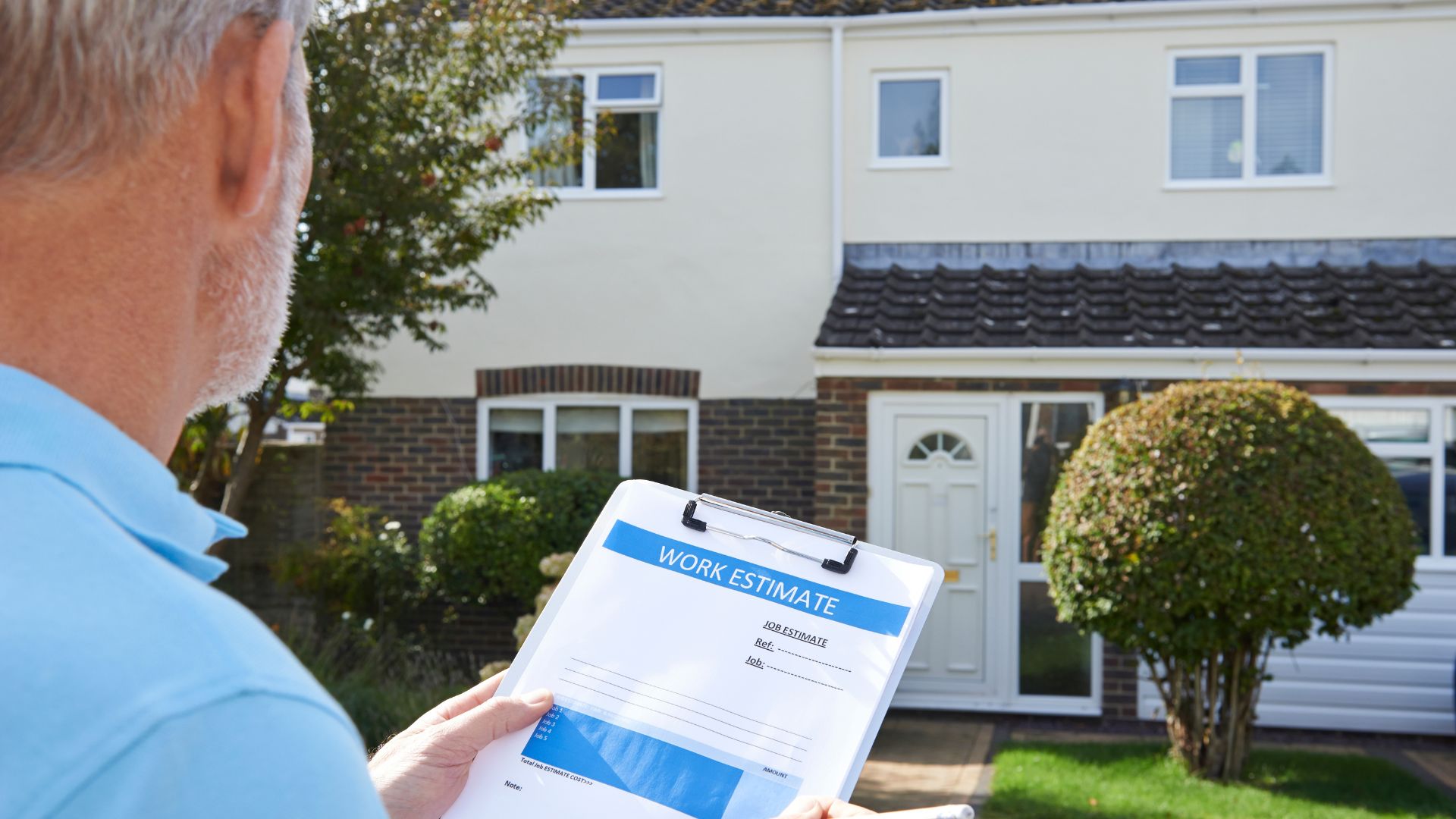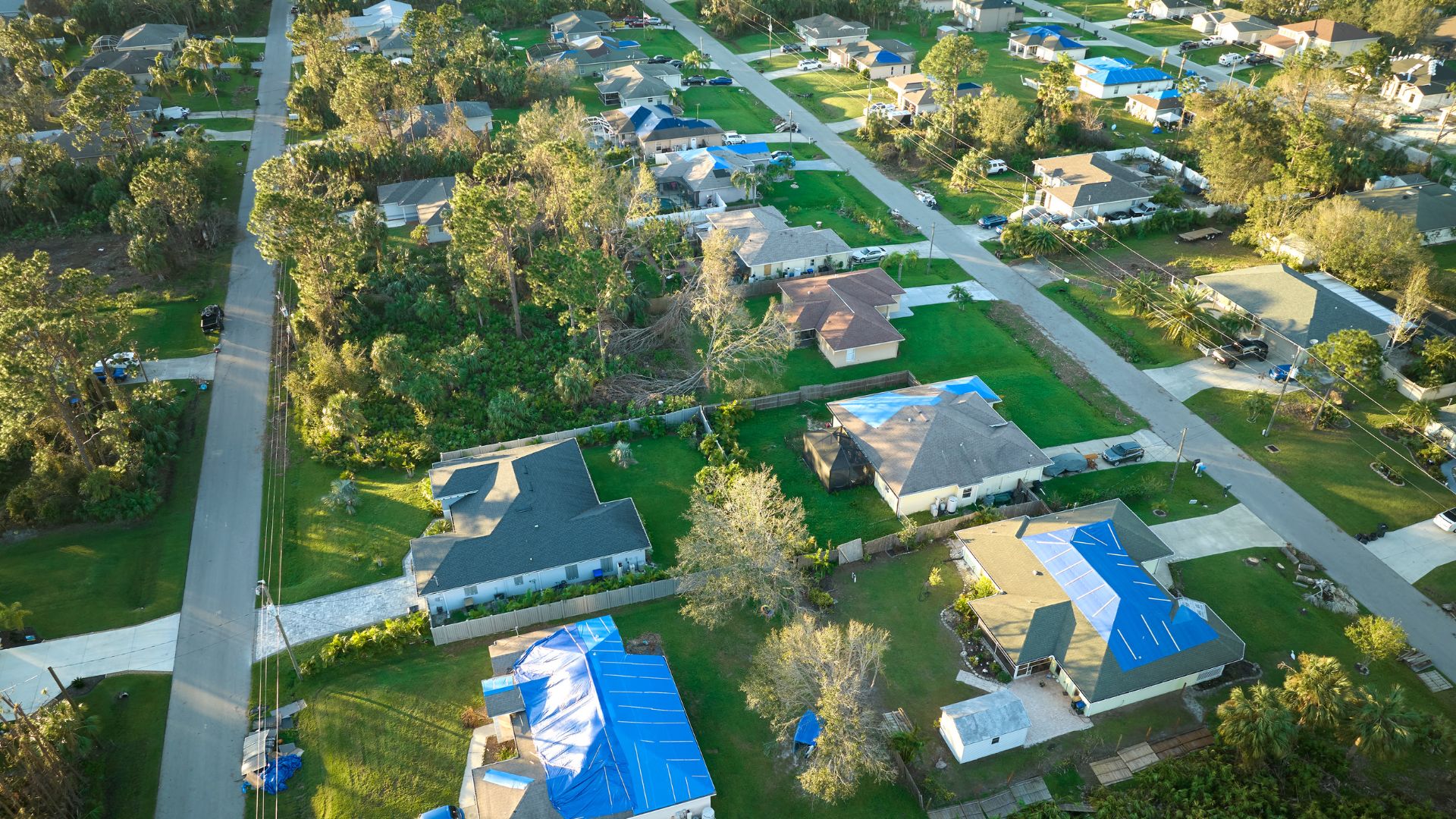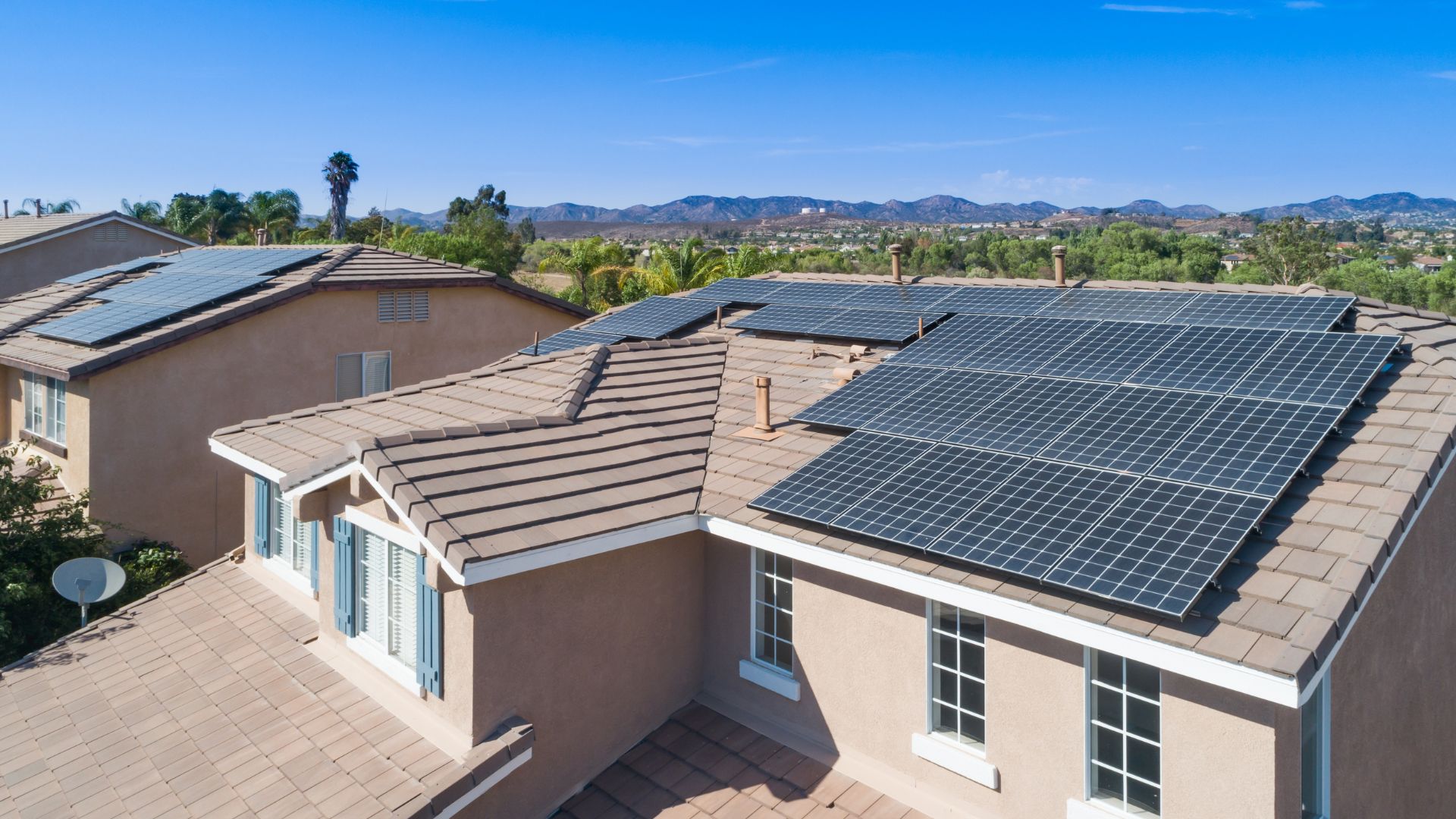When your roof is damaged and in need of repair or replacement, one of the first steps you’ll take is getting a roofing estimate. This document provides a breakdown of the expected costs for labor, materials, and other expenses involved in the roofing project. But what exactly is a roofing estimate, and why is it so essential for homeowners?

What Is a Roofing Estimate?
A roofing estimate is a detailed report or proposal provided by a contractor, outlining the anticipated costs to repair or replace a roof. It serves as an initial guide for the homeowner to understand the scope of work and the associated expenses. The estimate typically includes:
- Labor costs: The price of hiring skilled workers to complete the roofing project.
- Materials: The cost of roofing materials like shingles, tiles, underlayment, and any other necessary components.
- Additional expenses: This might include removal of the old roof, disposal fees, permits, and any unforeseen repairs.
A roofing estimate can be provided after an inspection, where the contractor assesses the extent of the damage or the condition of the roof. It is often the first step toward getting your roof fixed and serves as a baseline for both homeowners and insurance companies.
Why Is a Roofing Estimate Important?
The roofing estimate is more than just a price tag; it plays a critical role in the decision-making process for roof repairs or replacements. Here’s why:
Budget Planning
An accurate estimate allows homeowners to understand how much the project will cost and whether it fits their budget. It also helps you compare pricing among different contractors, ensuring you get the best value for your money.
Insurance Claims
If your roof damage is covered by insurance, the estimate is often required to file a claim. The insurance company uses this document to determine how much they will contribute toward repairs or replacement. Without an estimate, you might not receive the full financial coverage needed for your roofing project.
Scope of Work
A roofing estimate provides a clear outline of what work will be done. This transparency ensures that both you and the contractor are on the same page about the project’s scope, preventing miscommunication or unexpected charges later on.
Comparing Contractors
Since roofing estimates can vary depending on the contractor, collecting multiple estimates allows you to compare the price, materials used, warranties offered, and completion timelines. This helps you select the right contractor for the job.
What Should a Roofing Estimate Include?
A well-prepared roofing estimate should cover several important elements. When reviewing an estimate, ensure it includes the following:
- Detailed project description: What work will be done, including a list of materials and any necessary repairs.
- Material breakdown: The specific types and quantities of materials needed, including shingles, flashing, underlayment, etc.
- Labor costs: How much the contractor charges for their time and skill, often broken down by hours or overall project time.
- Timeline: Estimated start and completion dates for the project, which helps you plan accordingly.
- Warranty information: Details on the warranties for both the materials and the contractor’s workmanship.
- Additional costs: If applicable, these may include permits, old roof removal, or any potential repairs that might be needed once the work begins.
Types of Roofing Estimates
There are generally two types of roofing estimates you may encounter:
Ballpark Estimate: This is a rough estimate, often given over the phone or after a brief visual inspection. While useful for getting a general idea of the cost, it’s not as accurate as a detailed estimate.
Written Estimate: A formal, itemized document provided after a thorough inspection of your roof. This is the most reliable type of estimate and the one that homeowners should use for decision-making and insurance claims.
When Should You Get a Roofing Estimate?
A roofing estimate is necessary anytime you’re considering significant roof repairs or a full replacement. Common situations where you’d request an estimate include:
- Storm damage: After hail, wind, or severe weather damages your roof.
- Aging roof: When your roof is approaching the end of its lifespan and needs replacement.
- Leaks or visible damage: If you notice water stains, missing shingles, or other signs of wear.
Conclusion
A roofing estimate is a critical step in any roof repair or replacement process. It helps homeowners understand the scope of work, plan their budget, and ensure they are getting the best service from a reputable contractor. Whether you’re dealing with an insurance claim or paying out of pocket, having an accurate and detailed estimate ensures you make informed decisions, protecting both your home and your wallet.
So, before starting any roofing project, make sure to request and carefully review an estimate from a trusted contractor. It’s the foundation of a successful roofing repair or replacement.






